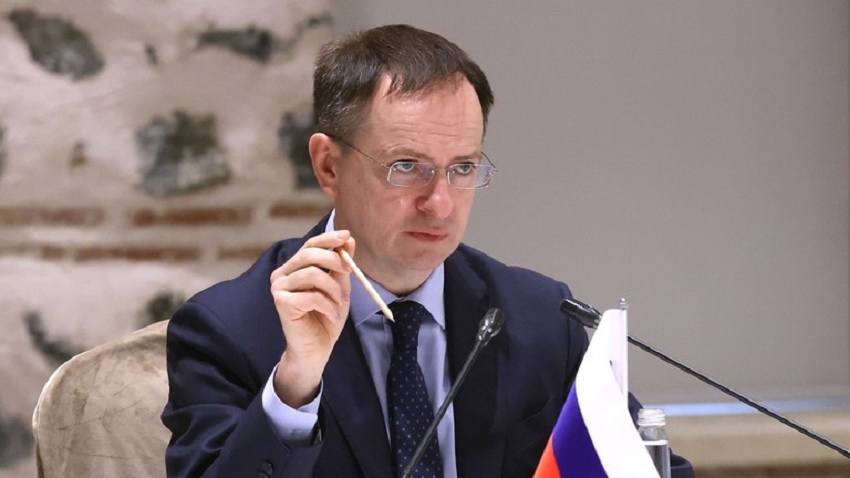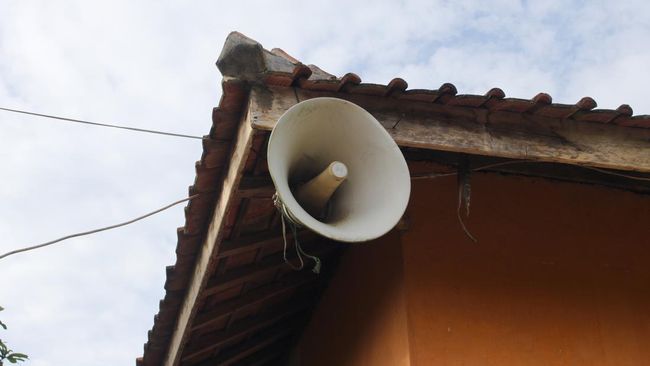On tour in the Middle East after taking part in the Negev summit, between Israel and the Arab countries that signed the Abraham Accords, Bahrain, the United Arab Emirates and Morocco, Antony Blinken, American Secretary of State, continues his journey with two stage points in the Maghreb. He first met his Moroccan counterpart in Rabat, Nasser Bourita, on Tuesday, before arriving in Algiers on Wednesday for talks with Ramtane Lamamra, Algerian Foreign Minister. This double meeting takes place in a tense regional and international context: the rupture of diplomatic relations between Rabat and Algiers, the Negev summit as well as the war in Ukraine, and the energy issues that result from it. Interview with Hasni Abidi, director of the Center for Studies and Research on the Arab and Mediterranean World in Geneva.
What are the issues raised by Antony Blinken and his Algerian and Moroccan counterparts?
At the regional level, the American Secretary of State wants to reassure Morocco, worried since the departure of the Trump administration, which had undertaken to recognize Morocco’s sovereignty over Western Sahara subject to a restoration of relations between Rabat and Tel Aviv. This event was welcomed by Israel. Morocco saw the arrival of Joe Biden in the White House as a brake on this deal since, within the Democratic Party, the general trend favors, for the Sahara, a UN solution, a referendum.
By attending the Negev summit, Blinken shows that his government supports the process of normalization between Israel and Morocco, and that the Cherifian kingdom remains an important ally of the Americans. On the other hand, he remains cautious in his formulation concerning Western Sahara, advancing less than his predecessor, who had promised the opening of an embassy in Dakhla.
With regard to Algeria, the country could replace the deficit in energy, in the event of cessation of importation of Russian gas. Algeria has two gas pipelines and liquefied natural gas. The American administration wants to ensure the availability of Algerian resources in the event of a total stoppage of Russian gas imports. On March 8 and 9, in Morocco, the American Under-Secretary of State, Wendy Sherman, spoke about relations between Algiers and Moscow.
The Americans are also interested in the inter-Palestinian mediation process in which Algeria is engaged, by receiving several Palestinian delegations. Blinken wants in particular to probe their motivations, especially since Algiers has an antagonistic position to that of Morocco on the Israeli issue. Moreover, Algiers is preparing the organization of the Arab Summit, on November 1 and 2, and insists that Syria be present and that the Arab world normalize its relations with Damascus. The United States is not very enthusiastic and sees the Iranian influence there.
You mentioned the issue relating to Algerian gas… Could Antony Blinken obtain a reopening of the Maghreb-Europe gas pipeline, which has not been supplied since the end of October, which passes through Morocco and Spain?
Blinken’s visit comes in a difficult context between Algeria and Spain. Algiers recalled its ambassador, and Madrid left its neutrality to align itself with Rabat’s position on Western Sahara. For Algeria, a red line has been crossed, and Blinken risks making the case for improved relations between an important European country and Algeria. Above all, the reopening of the pipeline would reassure European countries and would be a blow to Russian strategy, even if a simple pipeline is not enough in case of urgent need for gas.
Why did Abu Dhabi strongman Mohammed bin Zayed Al Nahyane (MBZ) also meet Antony Blinken in Morocco?
The United Arab Emirates are annoyed by the United States and make it known. In question, the absence of a strong reaction from the Americans to the strikes by the Yemeni Houthi rebels in Saudi Arabia, who also attacked the strategic interests of Abu Dhabi. For the first time, Mohammed bin Salman and MBZ shunned phone calls from the White House. Mohammed bin Salman does not feel supported by the Biden administration and has refused to increase his oil exports and reduce the intensity of his relations with Moscow. Moscow and Riyadh belong to OPEC+, a determining cartel in the price of a barrel and oil quotas.
–
:quality(70)/cloudfront-eu-central-1.images.arcpublishing.com/liberation/J2MW52AM3JDGBCWHVMRPEZ5ZBA.jpg)

